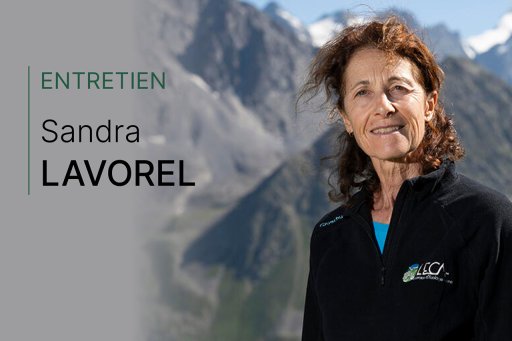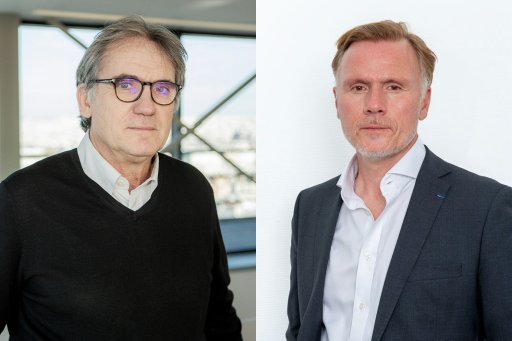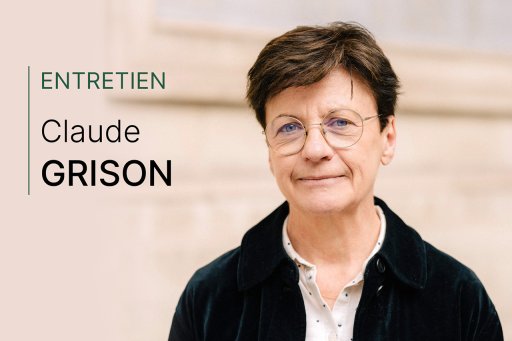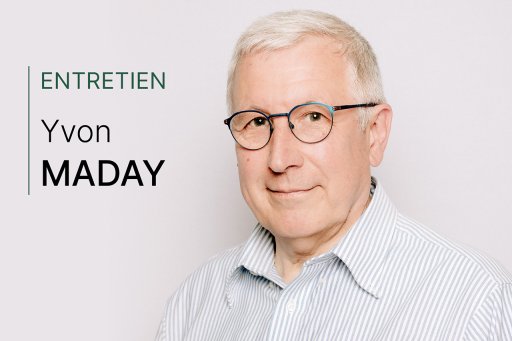True to its original mission,Avenir Commun Durable has been funding research programs at the Collège de France for several years now. Launched by several of the institution's professors, the initiative brings together researchers from a wide range of disciplines to provide scientific answers to the challenges of climate change. In 2025, the initiative has decided to support two ambitious projects. One of them is looking at how to neutralize PFAS.
Perfluoroalkylated and polyfluoroalkylated substances, better known by their acronym PFAS, have been in the news for several years and are now recognized as " eternal pollutants ". They are found in a wide range of products, including fire-fighting foams, textiles, cosmetics and food packaging materials. The success of PFAS is due to their high thermal and chemical stability. Unfortunately, this property also explains why they are particularly resistant to environmental degradation. As a result, they accumulate faster in biological media than they are eliminated.
In an attempt to solve this problem, chemists are seeking to develop environmentally-friendly methods capable of destroying or recycling PFAS efficiently. For the time being, incineration remains the most widely adopted strategy. However, this method encounters obstacles, notably the need to operate at high temperatures (in excess of 1000°C) and the concomitant production of a gas, carbon tetrafluoride, which is extremely stable and contributes significantly to global warming.
The research program therefore aims to develop an alternative based on the use of silylated Lewis superacids, a chemical reagent ultimately capable of degrading PFAS, thus paving the way for their recycling.
The project is led by Collège de France professorLouis Fensterbank.
The Avenir Commun Durable initiative is supported by the Collège de France Foundation, its major sponsors La Fondation Covéa and TotalEnergies, and its patrons FORVIA and Saint-Gobain.










